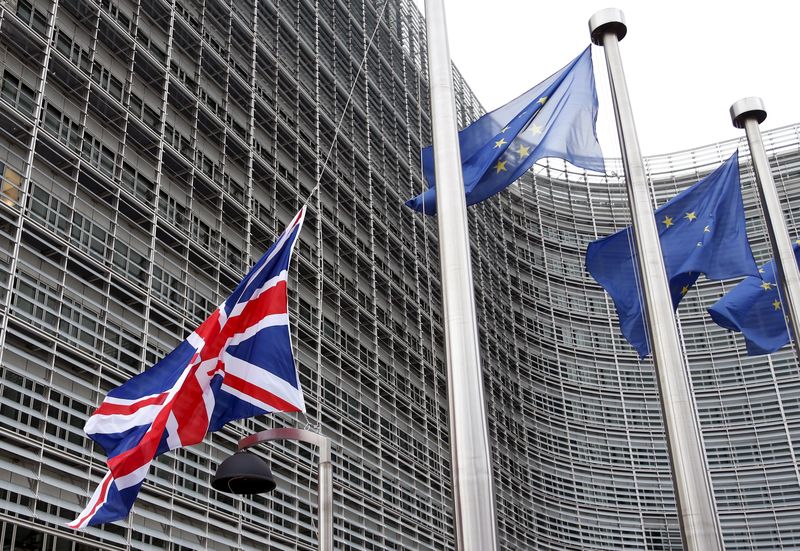By Paul Carrel
BERLIN (Reuters) - European Council President Donald Tusk's plan to keep Britain in the European Union goes "right up to the pain threshold" of what is acceptable in Germany, a senior lawmaker and ally of Chancellor Angela Merkel said on Thursday.
Gunther Krichbaum, a member of Merkel's conservative party and chairman of the European affairs committee in parliament, said Britain could not pick and choose too much about the conditions for its EU membership.
His comments came after eurosceptic members of Cameron's own party this week criticised the plan as a watered down "thin gruel" of broken promises.
Krichbaum said Tusk's proposals, designed to address British concerns about migration, national sovereignty, EU red tape and protection for the UK financial industry, were a stretch.
"These proposals go right up to the pain threshold, because we won't make the European Union stronger with special national paths, but rather weaker," he told Reuters.
"This Europe is not a multiple choice organisation, where I can cherry pick what I like, and not what I don't want," he added. "Only together will we be strong."
A German government spokesman said on Wednesday Berlin was carefully examining Tusk's "ambitious package" of proposals.
Cameron has spent months trying to secure a deal so that he can campaign to stay in a reformed EU.
The stakes are high. A vote to leave would not only transform Britain's future role in trade and world affairs; it would also shake the EU, which has struggled to maintain unity over migration and financial crises, by ripping away its second-largest economy and one of its two main military powers.
Krichbaum expressed concern about a proposed 'emergency brake' that would allow Britain to suspend some benefit payments to migrants from the rest of the EU for four years: "There, one has to look very carefully that de facto treaty changes do not arise," he said.
He also said it was in British interests to stay in the EU.
With some of Cameron's allies questioning whether the package of measures will be enough, a summit of EU leaders that is due to discuss the proposals on Feb. 18-19 looks likely to be difficult.
David McAllister, a senior German conservative and Merkel ally who is half-British, said the proposals provided a "solid basis" for government leaders to work with.
"Those people in the UK who are saying that the government asked for nothing and got nothing - they either don't want to know, or they just don't know what's happening," said McAllister, a member of the European Parliament.

"As always in life when it's about political compromises, no side involved will be satisfied. That's the whole idea of a compromise," he added.